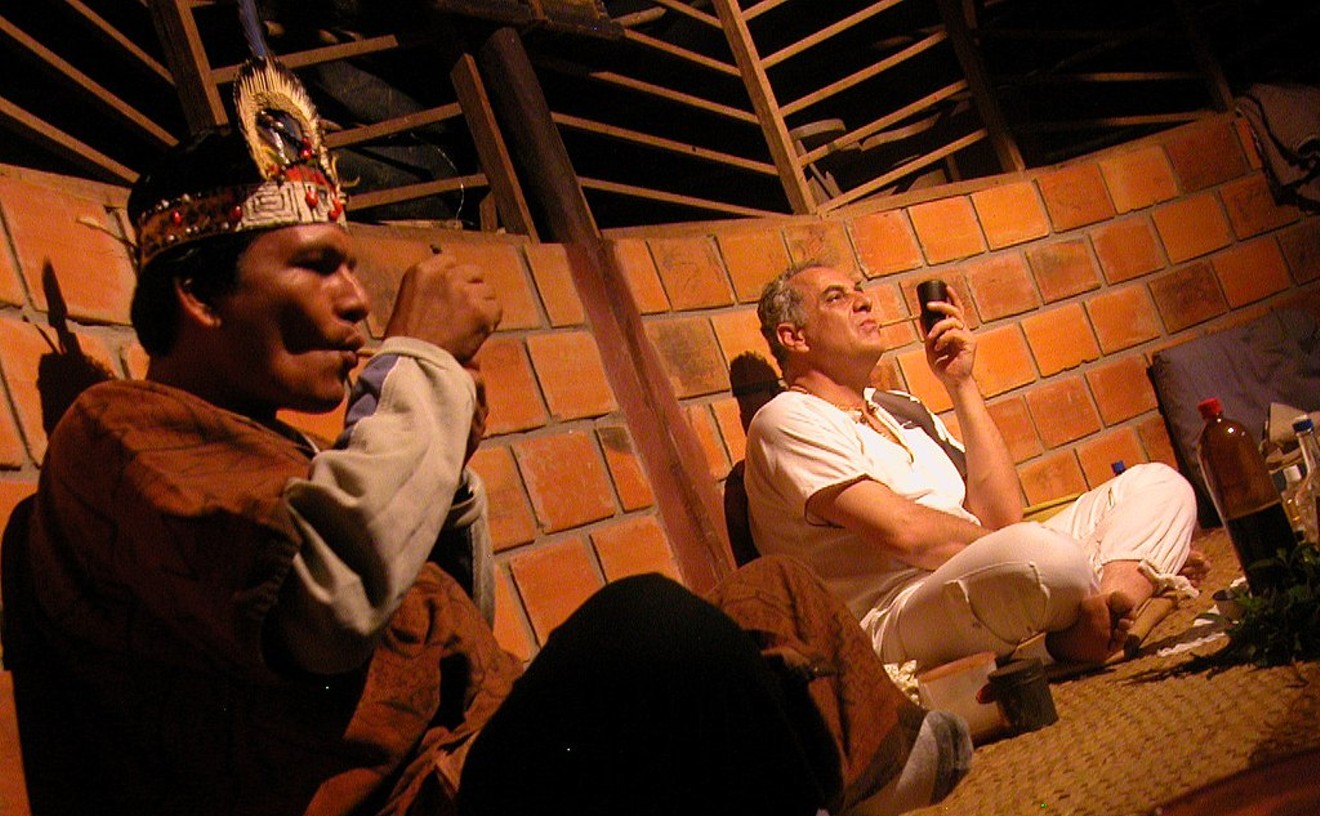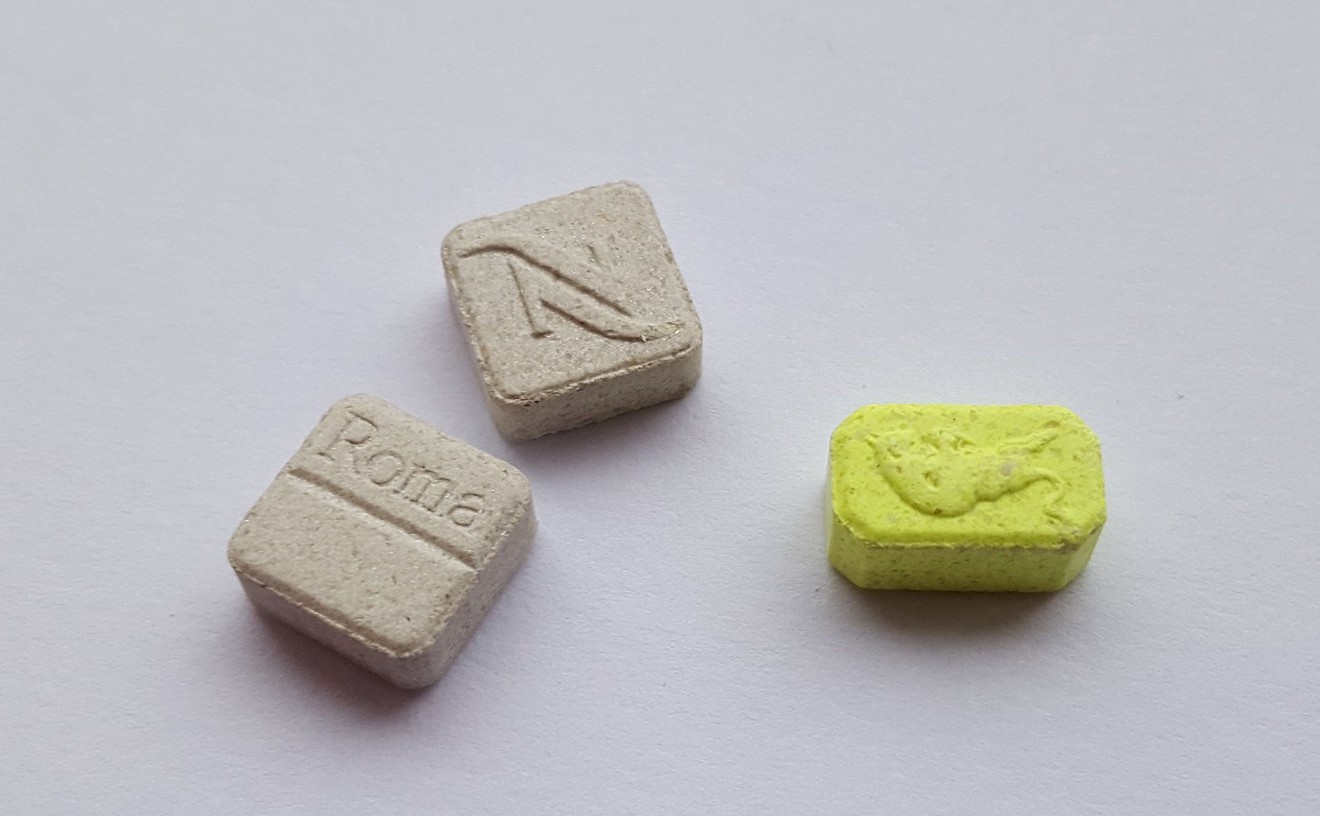A last-ditch effort to remove a ballot measure on legalized recreational marijuana in Arizona was rejected by a Maricopa County judge on August 7.
That means the Smart and Safe Arizona Act, which would allow Arizonans over 21 to possess an ounce of marijuana and create a statewide market for the drug’s sales, will almost certainly be put before voters in November.
Arizonans for Responsible Drug Policy, a conservative family-values group, filed a legal challenge to the initiative last month. It argued, among other things, that the wording of the measure was unclear and misleading.
Maricopa County Superior Court Judge James Smith disagreed. “This initiative is plain,” he wrote. “It wants to legalize recreational marijuana.”
The losers, represented by former Arizona Congressman John Shadegg, have a week to file an appeal.
Update, 8/11, 4 p.m.: Looks like the losers will appeal the decision.
"This isn't just a straightforward legalization of marijuana for recreational use," says Arizonans for Health and Public Safety Chairwoman Lisa James in a release announcing the appeal. "This initiative is 17 pages of sweeping new laws. Voters have a right to know."
The printing deadline for Arizona ballots is coming up: August 21. A decision is expected before then.
The Kids Are All Right
The think of the children! argument against marijuana legalization bumped into yet another set of inconvenient facts this week, when the Colorado Department of Public Health and Environment published a survey that found youth marijuana use has not significantly changed since 2014, when the drug was legalized in the state. In Colorado, 20.6 percent of high school students and 5.2 percent of middle school students reported cannabis consumption in 2019. Both those numbers are lower than they were pre-legalization, in 2011, when those rates were 22 percent and 6.3 percent, respectively.
The Colorado report aligns with other recent scholarship and data. A 2019 study from Washington determined that declining youth marijuana use in the state post-legalization was explainable by the “loss of novelty appeal” — in other words, the normalization and regulation of cannabis makes it a less attractive vehicle for youth rebellion.
Cardio Questions
Cardiovascular health is not among the list of qualifying conditions to receive a medical marijuana card in Arizona. In fact, a handful of preliminary studies have found that cannabis use may negatively impact the heart and blood vessels.But deeper research into the drug’s effects is currently limited by its status as a Schedule I controlled substance by the U.S. Drug Enforcement Agency. On August 5, the American Heart Association called for the DEA to reschedule cannabis so that it could be more widely studied by scientists.
“Research funding at federal and state levels must be increased to match the expansion of cannabis use — to clarify the potential therapeutic properties and to help us better understand the cardiovascular and public health implications of frequent cannabis use,” said Robert Page, an author of the AHA’s statement on the matter.
Coming Soon to Tempe
Construction is officially underway on the Ric Scalzo Institute for Botanical Research, a laboratory and research facility at the Southwest College of Naturopathic Medicine in Tempe.The institute will focus on “the development of new antimicrobial therapies so critical in this age of novel viruses and antibiotic resistance, cannabis sativa therapies, FDA-approved botanical drug products and more,” according to a release. Herbalists, natural products companies, and academics will partner in an effort to develop new products and botanical therapies.
“The unique collaboration of the plant scientists and the clinician’s labs offer opportunities to explore new medicines, and better understand others that have been used for centuries to advance health and wellbeing,” said Dr. Paul Mittman, president and CEO of SCNM.
Scalzo, a well-known herbalist and the founder and former CEO of Gaia Herbs, made a “transformational philanthropic gift” to the school in 2019 that led to the creation of his namesake institute. It will be located at 2140 East Broadway Road.












